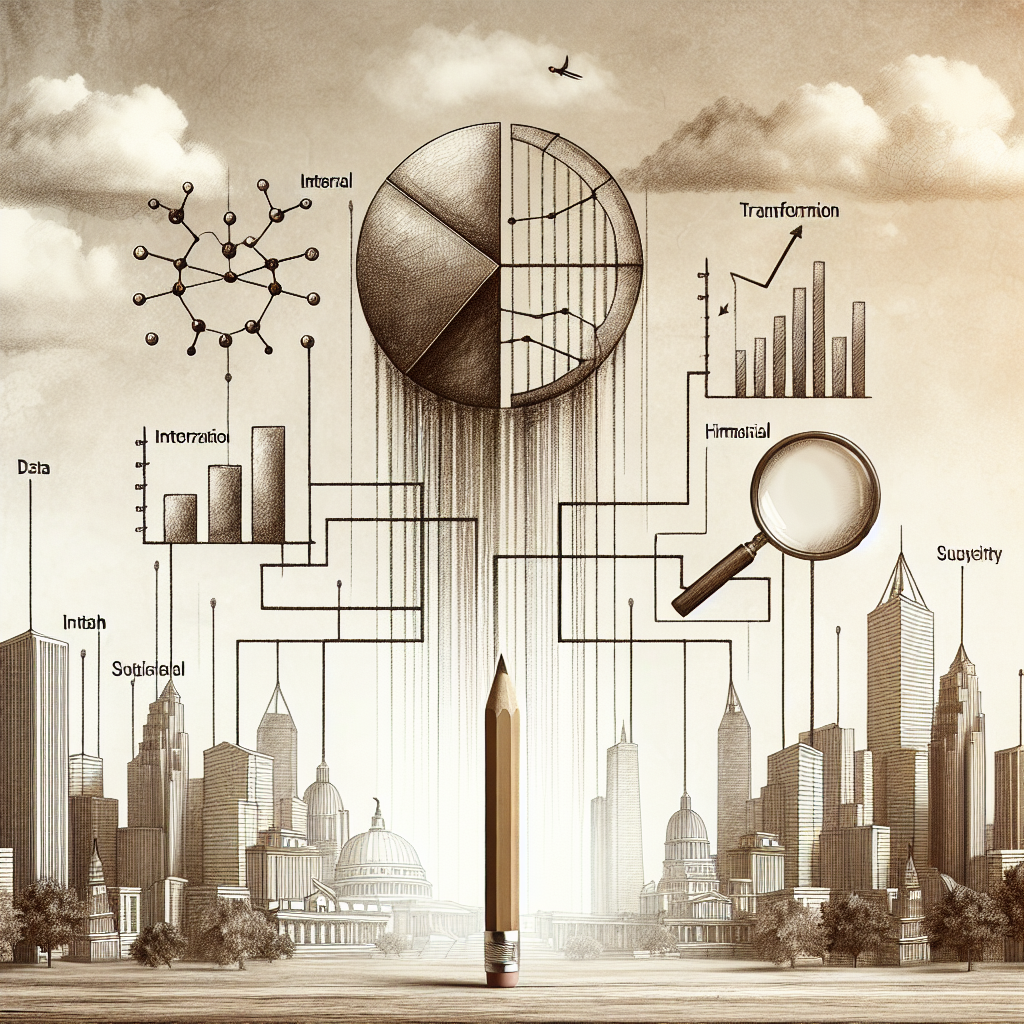Historically, politics isn’t where you’d expect to find ground-breaking uses of new technology; however, in this age of rapid digital evolution, it is becoming increasingly apparent that those who do not adapt risk falling behind. Nowhere is this clearer than in our story about a major political party’s ambitious undertaking to restructure itself from within utilizing emerging technologies.
The Investigation Begins
The foundation of their transformation lay in adopting sophisticated data analytics tools designed to sift through heaps of information quickly and efficiently. These powerful algorithms promised not just improved communication efficiencies but also opened up avenues for large-scale digital campaigning tactics.
Following the Money Trail
Our investigation revealed staggering investments made into tech start-ups specializing in big data solutions and AI-driven predictive engine models — clear indicators of betting big on technological innovation.
Key Documents Revealed
A sample document outlining plans for digital transformations (image generated).
Intriguingly, leaked strategy documents demonstrated a commitment towards harnessing machine learning techniques for future election campaigns to predict voter behavior patterns more accurately than human analysts ever could.
Whistleblower Testimony
A whistleblower unlocked another layer showcasing their audacious aspiration — creating personalized virtual agents using advanced natural language processing methods to interact with party followers on social media platforms.
Corporate Response
The technology companies partnering with the political party issued a collective statement acknowledging their role and intention in facilitating this dramatic technological upgrade, renewing conversations around ethical frameworks for digital tools in politics.
Regulatory Implications
This advancement catapulted lawmakers into unfamiliar territory, prompting discussions around legislative oversight over how political entities use data analytics and AI-driven technologies.
Legal Consequences
A wave of legal scrutiny followed, scrutinizing the potential misuse of voter data privacy under local laws and international regulations such as GDPR. This ruling could form a precedent for future legal disputes involving tech usage in politics.
Public Outcry
The public reaction was predictably mixed — some applauded its forward-thinking vision, while others cautioned against the unprecedented influence that it could confer upon those wielding the tools of big data and artificial intelligence. The saga was painted across newsrooms globally, triggering impassioned debates on democracy’s digital frontier.
Industry Impact
‘Inside the world of predictive algorithms…’
This case study has sparked renewed interest within tech industry circles about technology’s evolving role in reshaping traditional spheres like politics.
An infographic shows an increasing trend towards technological investments by other political parties following this event (image generated).
Lessons Learned In retrospect,this transformation underscores how crucial it is for even centuries-old institutions to embrace innovation or risk becoming obsolete. But it also presents complex challenges asking us – Where do we draw the line over technology’s role? What is acceptable, and what must be regulated?
Call to Action
With this investigation, we call for informed public discourse around these issues. Big data and AI are powerful tools that can drastically reshape our world — but they must be used responsibly, with clear ethical guidelines in place.
